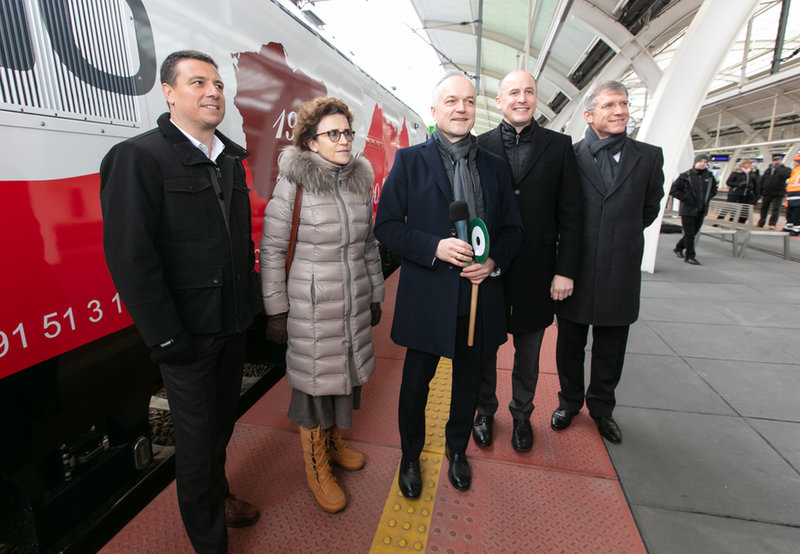At the Katowice climate conference in December last year, Rail Freight Forward (RFF), a coalition of rail freight companies and federations from across Europe, committed to help save up to 290 million tons of C02 transport emissions over the next decade.
With 275 million tons of C02 emissions a year, freight transport represents almost a third of total transport emissions, passenger transport included. At an estimated growth rate of 30% by 2030, the climate impact of freight transport is expected to increase substantially over the coming years.
To avoid this increase, RFF aims to boost the share of rail in overall freight transport from 18% to 30% by 2030. The signatories, which include big operators such as Deutsche Bahn, SNCF, ERFA and Linea, committed to transforming their sector and offering innovative and highly competitive rail products, while urging policymakers and partners to create the necessary external conditions to enable a modal shift from road to rail.
Freight transport: a key economic activity with a major climate footprint
With currently 75% of all freight transport done by road, the sector has estimated yearly emissions of 275 million tons of C02. This represents 30% of total transport emissions (i.e. all freight and passenger transport).
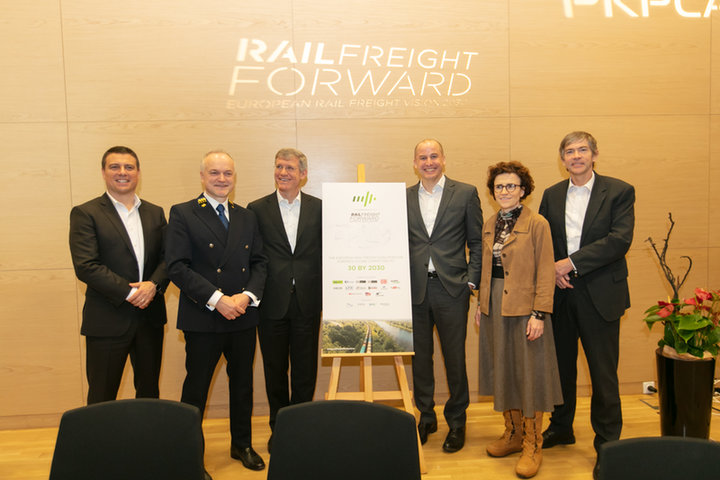
30% growth of freight transport by 2030 will come at a huge cost
By 2030, freight transport is expected to grow by 30%. That is roughly the size of the entire German freight transport market, or one million trucks added on European roads in the coming decade. Looking at the stringent goals of the Paris Accord for the transport sector, it is simply not a sustainable option to keep relying heavily on road freight.
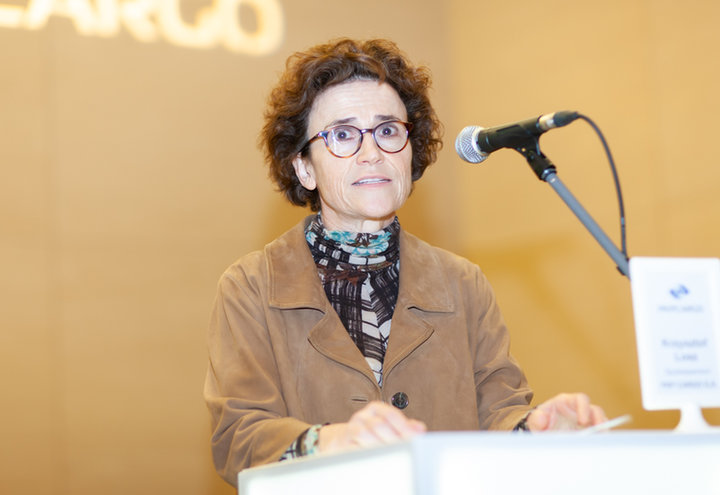
Rail freight companies commit to an ambitious modal share of 30%
The 30% target is ambitious, but the European rail freight sector is determined to deliver the sustained efforts needed to achieve it. The members of Rail Freight Forward are committed to work together to transform and modernize the rail freight industry, by driving efficiency and standardization, improving cost-effectiveness and accelerating technological innovation.
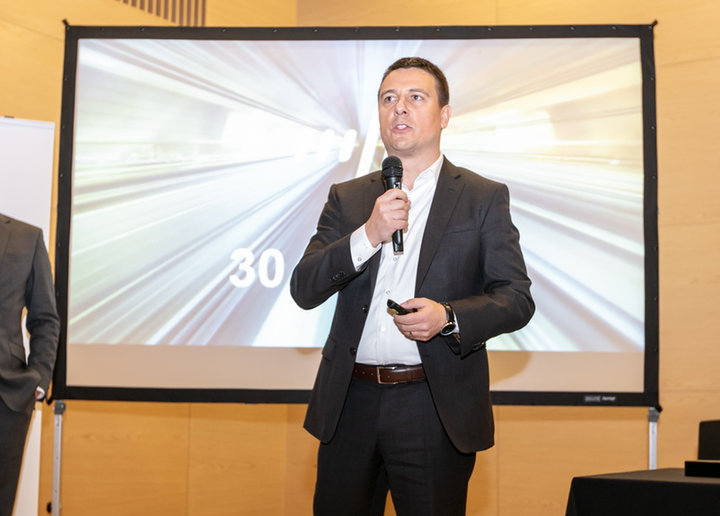
Calling on all stakeholders to enable modal shift to rail
At the same time, Rail Freight Forward calls upon policymakers and key stakeholders to work together in implementing the external conditions needed for a successful modal shift.
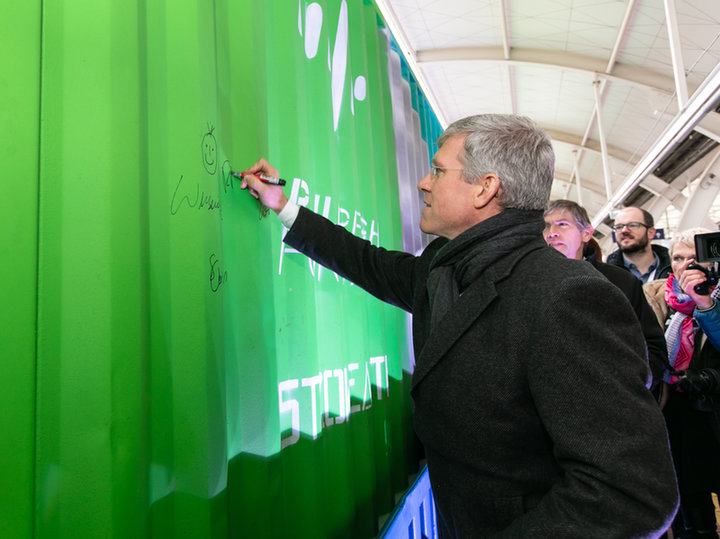
Noah’s Train: raising awareness for a common goal
To mark their climate commitment and win hearts and minds in support of the modal shift, the members of the Rail Freight Forward coalition have chosen Katowice to officially launch Noah’s Train, which will travel through Vienna, Berlin, Paris and Brussels. In each city, prominent local street artists will gradually transform the train into the world’s longest mobile artwork, inspired by the oldest tale of environmental activism.
